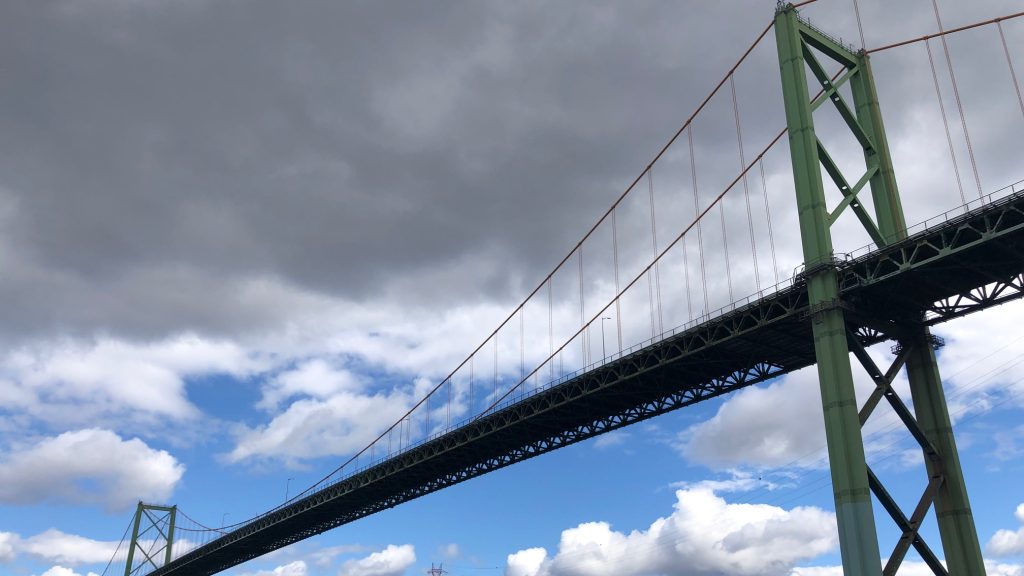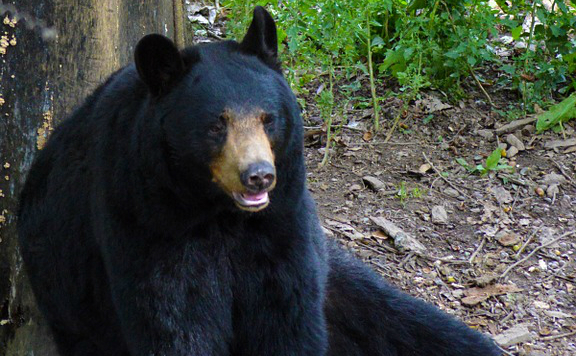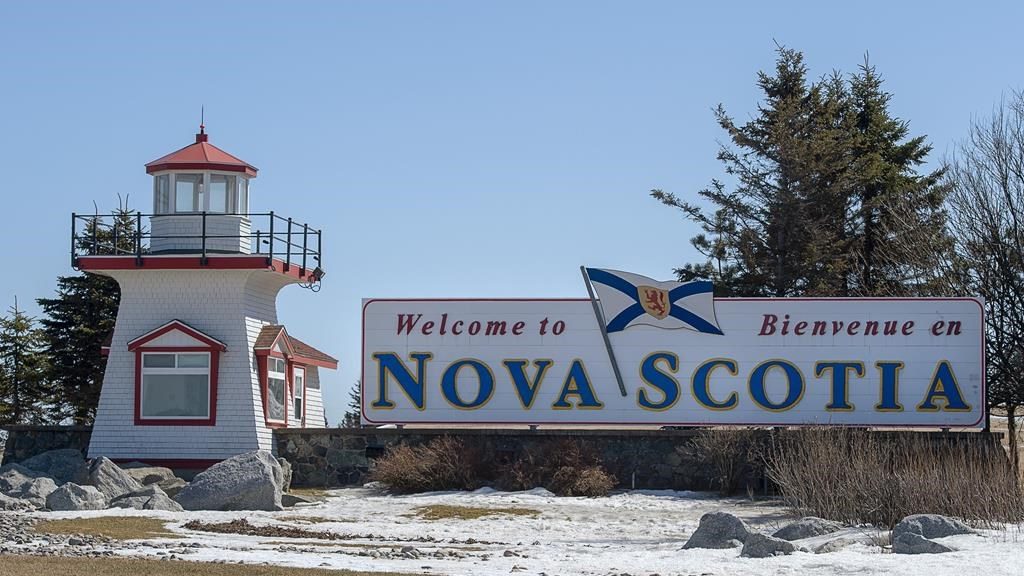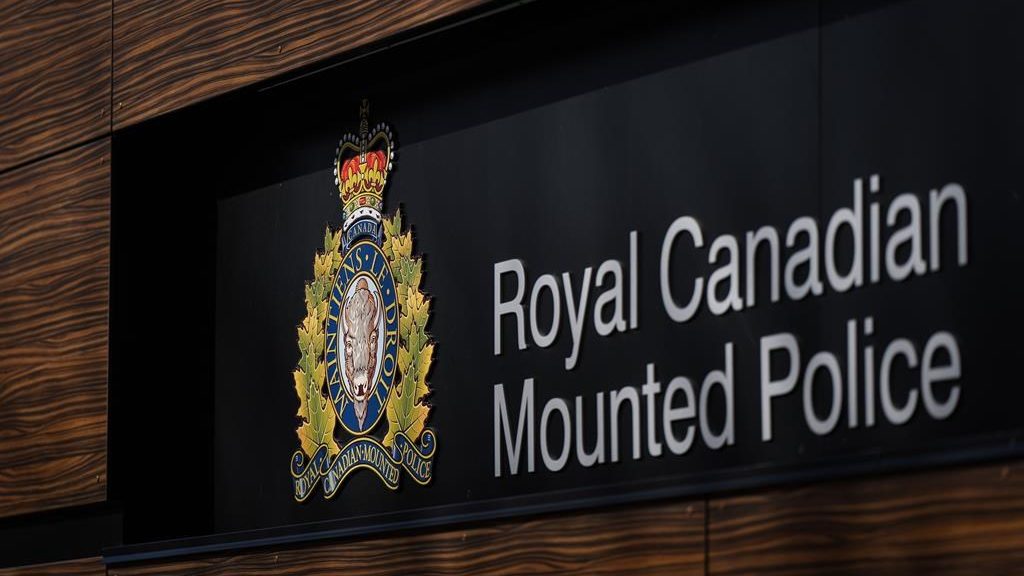The latest developments on COVID-19 in Canada
Posted May 11, 2020 10:38:53 PM.
The latest news on the COVID-19 global pandemic (all times Eastern):
6:35 p.m.
British Columbia has recorded 23 new cases of COVID-19 in the last two days, bringing the number of people who have tested positive in the province to 2,353.
B.C.’s death toll has reached 130 after one more person died.
Provincial health officer Dr. Bonnie Henry says while the rate of infection is lower, COVID-19 is still a risk and the right balance needs to be met when the province gradually lifts restrictions starting next week.
There are 1,719 people who have recovered from the virus.
—
6:20 p.m.
Alberta is reporting 47 new cases of COVID-19 and two additional deaths from the illness.
Dr. Deena Hinshaw, the province’s chief medical health officer, says the new deaths were at continuing care facilities.
She says another death reported over the weekend was of a worker at the Cargill meat-packing plant in High River.
The worker fell ill and was hospitalized about one month ago.
It’s the second death of a worker at the plant.
—
4:10 p.m.
Ontario Premier Doug Ford has admitted that he recently had two of his daughters visit him, apparently contrary to official provincial advice.
Ford was asked today if the concept of two-household bubbles would come to Ontario soon, as it has in some other provinces.
In his reply, Ford said two of his daughters who don’t live with him had already visited. Two other daughters live in the home.
The province’s own novel coronavirus website, however, advises no contact outside someone’s home.
Ontario’s chief medical officer of health, Dr. David Williams, said his advice had not changed.
—
4:10 p.m.
Saskatchewan is reporting a decline in new COVID-19 cases from the far north.
The remote Dene village of La Loche, 600 kilometres northwest of Saskatoon, has been dealing with a spike in cases after the virus was brought in from an oil sands work camp in Alberta.
After days of reporting double-digit increases in new cases, the province announced four new ones on Monday.
It says all of them are from La Loche.
Of Saskatchewan’s 568 total cases, 197 of them are from the far north.
So far, 363 people have recovered and six have died.
–
2:25 p.m.
New Brunswick is reporting no new cases of COVID-19 keeping the province’s total at 120.
Dr. Jennifer Russell, chief medical officer of health, says 118 people are considered recovered from the virus.
Russell announced a change to visitor restrictions at long-term care homes and hospitals that would allow two people to visit patients who are nearing the end of their lives.
She says only one visitor will be allowed in at one time, although an exception can be made in certain circumstances such as a frail elderly visitor seeing their spouse.
—
2:15 p.m.
Manitoba is reporting two new cases of COVID-19, bringing the provincial total to 289.
Chief Provincial Public Health Officer Dr. Brent Roussin says two more cases have also been linked to a workplace cluster in the Prairie Mountain Health region, bringing the total to 10.
Manitoba Hydro announced today that the Crown utility will be sending layoff notices to between 600 and 700 employees this week.
The temporary layoffs will last four months, and Hydro says it will provide about $11 million in cost savings as the province tackles the economic downturn due to the pandemic.
—
1:10 p.m.
Quebec is reporting an additional 85 deaths from COVID-19, bringing the provincial total to 3,013.
The total number of cases has risen to 38,469, an increase of 748 from the previous day.
Of those cases, 9,703 are classified as recovered.
On the day that elementary schools reopened in much of the province, Quebec Premier Francois Legault said the situation in Montreal remains “fragile” and a reopening of schools and shops planned there for May 25 could be further delayed.
—
12:55 p.m.
Federal Health Minister Patty Hajdu is leaving the door open to the federal government leading discussions with provinces around the creation of new standards for long-term care facilities.
Hajdu says all levels of government are focused at the moment on dealing with COVID-19, but that the federal government believes much more must be done to protect residents of long-term care facilities, which have been hit hard by the pandemic.
That includes replacing the guidelines that largely govern how such facilities operate with established standards, though Hajdu did not offer specifics.
Deaths in long-term care facilities now account for more than 80 per cent of the roughly 4,500 deaths from COVID-19 in Canada.
—
12:45 p.m.
Prince Edward Island is reporting no new cases of COVID-19 following the weekend, keeping the province’s number of confirmed cases at 27.
Chief Public Health Officer, Dr. Heather Morrison, says all of the confirmed cases are now considered recovered.
Morrison says 255 negative tests were registered over the weekend.
She says there is no evidence of community transmission of COVID-19 on the Island.
—
12:40 p.m.
Newfoundland and Labrador is reporting no new cases of COVID-19.
There are 261 confirmed cases of the illness in the province and 244 people have recovered.
The province is relaxing some restrictions today with some businesses and outdoor spaces allowed to open.
Funerals, weddings and burials can now take place with a limit of 10 people, but officials say the changes do not mean people can throw parties and hold other social gatherings.
—
12:30 p.m.
Canada’s chief public health officer, Dr. Theresa Tam, says there are more than 100 potential vaccines that officials are hoping will prevent COVID-19, though none is more promising than the others.
A vaccine has been seen as critical for returning to pre-pandemic normal, with researchers in Canada and around the world scrambling to develop one as quickly as possible.
Even as that work is going on, Tam says officials are also looking at how a vaccine will be rolled out to people if and when one is discovered.
Health Minister Patty Hajdu says the government is also looking at ways to ensure development and production of a COVID-19 vaccine does not take away from work on the annual flu vaccines that many Canadians get every year.
—
11:45 a.m.
Prime Minister Justin Trudeau says the federal government will continue to push for caution in terms of lifting COVID-19 restrictions.
Trudeau says leaders across the country are trying to find the right balance in terms of easing back on the lockdown and reopening the economy.
But he says the sacrifices that Canadians have made over the past two months will “all go up in smoke” if the wrong choices are made.
The comments came as schools in parts of Quebec reopened today even though the province has the largest number of COVID-19 cases in the country.
—
11:35 a.m.
Prime Minister Justin Trudeau says the federal government will make bridge loans available to large companies who cannot otherwise access credit, but that they will be required to make and keep a number of commitments to access the funds.
Those commitments include upholding labour and environmental standards and principles, curbing executive bonuses and dividends and that the companies share their complete financial structure.
Trudeau says the conditions are intended to ensure companies use the money to support their operations and employees, not line executive pockets and that taxpayer funds do not go to companies that use tax havens.
Trudeau says the loans are different from bailouts and will be accessible to all sectors of the economy.
10:55 a.m.
Nova Scotia is reporting one new death related to COVID-19, bringing the province’s total to 48.
Health officials say the death occurred at the Northwood long-term care home in Halifax.
The Northwood facility currently has 156 residents and 18 staff with active cases.
The province is also reporting one new case of the virus bringing the total number of confirmed cases to 1,019.
Nova Scotia has registered 33,869 negative test results, while 767 people have now recovered and their cases of COVID-19 are considered resolved.
—
10:40 a.m.
Ontario is reporting 308 new cases of COVID-19 today, and 35 more deaths.
That brings the province to a total of 20,546 cases, including 1669 deaths and 15,131 resolved cases.
The total represents a 1.5 per cent increase over Sunday’s total, holding the same low growth rate as in the previous day.
—
9:45 a.m.
BC Hydro says power demand has dropped across British Columbia during the COVID-19 pandemic and that is raising the risk of flooding as reservoirs fill up.
A report by the Crown Corporation says demand for electricity is down 10 per cent and uncertainty over B.C.’s economic recovery could push the decrease to 12 per cent by 2021.
The report also says reservoirs have the potential to reach capacity due to the drop in power demand, high inflows from spring snowmelt and limited export markets to sell surplus electricity.
To cut flood risks, protect communities and its equipment, BC Hydro says measures include reducing generation by halting operations at some of its smaller plants and spilling water from several of its reservoirs.
The Canadian Press
Note to readers: This is a corrected story. A previous version had an incorrect figure for the number of potential COVID-19 vaccines Canada’s chief public health officer, Dr. Theresa Tam, says are being monitored.










